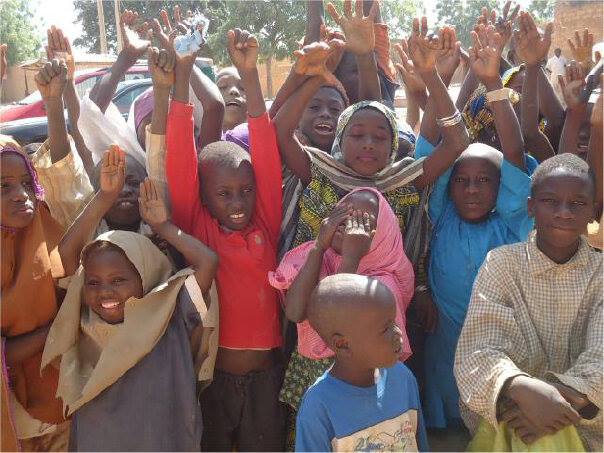By Ndidi Chukwu
As Nigeria commemorates this year’s Children’s Day, the United Nations Children’s Fund, (UNICEF) has reiterated its worry over the challenging crisis in Nigeria’s Northeast and the horrific involvement of children in insurgency. A Statement by its media and external relations officer, Geoffrey Njoku, said, adults in Nigeria intentionally use children in horrific ways but insist that “they are victims not perpetrators of suicide bombings”
Children bear the highest burden of violence in the northeast, “Children are not instigating these suicide attacks; they are used intentionally by adults in the most horrific way,” said Jean Gough, UNICEF Representative in Nigeria. “They are first and foremost victims – not perpetrators.”
Since July 2014, nine suicide incidents involving children aged between approximately 7 and 17 years – all of them girls – have been reported. Their identity and exact ages have not been verified, as estimates are based primarily on eyewitness accounts. An estimated 743,000 children have been uprooted by the conflict in the three most affected states in Nigeria; the number of unaccompanied and separated children could be as high as 10,000, according to UNICEF estimates.
“Many children have been separated from their families when they fled the violence, and have no one to look after them,” said Gough.
“Without the protection of their families, these children are at greater risk of exploitation by adults, and this can lead to involvement in criminal or armed group activities.”
The press statement also made it known that UNICEF is concerned that the increasing use of children as suicide bombers could lead to children being perceived as potential threats, which would put all children associated with armed groups at risk of retaliation and would impede their rehabilitation and reintegration in the community. UNICEF and its partners are working with national authorities to reduce children’s vulnerability by identifying children who are without parents or relatives, and providing them with appropriate care.
It has also reached over 35,000 children with psychosocial support so they can cope with the acute distress they have suffered as a result of the conflict. Part of its worry is the fact that the conflict has severely constrained full scale provision of health services thereby threatening their right to survival. In Borno State children have not been to school for more than one year. “The use of children as suicide bombers and the increase in the numbers of suicide bombings is an alarming and appalling trend in the perpetration of violence against children”
it said in 2014, 26 suicide attacks were recorded compared to 27 attacks as of May 2015. In at least three-quarters of these incidents, children and women were reportedly used to carry out the attacks. Girls and women have been used to detonate bombs or explosives belts at crowded locations, such as market places and bus stations.




